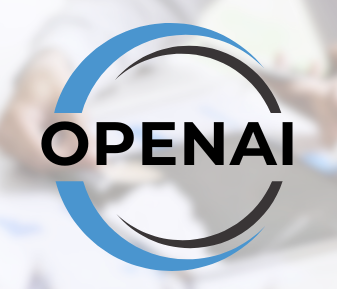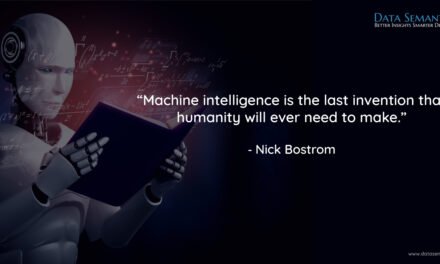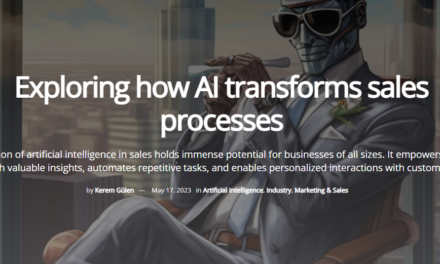1. Utilize AI for Resume Screening
AI-powered resume screening tools can significantly reduce the time and effort spent on manually reviewing resumes. These tools use natural language processing algorithms to scan and analyze resumes, identifying relevant skills, qualifications, and experience. By automating this initial screening process, recruiters can focus their attention on the most promising candidates, saving time and resources.
2. Implement Chatbots for Initial Candidate Interaction
Chatbots can be integrated into recruitment platforms or websites to engage with candidates and answer their initial queries. AI-powered chatbots can provide information about the company, job requirements, and application process, ensuring a seamless and efficient candidate experience. Chatbots can also collect basic information from candidates, such as contact details and availability, saving recruiters valuable time.
3. Leverage AI for Candidate Sourcing
AI algorithms can analyze large volumes of data from various sources, such as social media platforms, professional networks, and job boards, to identify potential candidates who match specific job requirements. By leveraging AI for candidate sourcing, recruiters can access a wider pool of talent and find candidates with the desired skills and qualifications.
4. Conduct AI-Enabled Video Interviews
Video interviews have become increasingly popular, especially in remote hiring scenarios. AI-powered video interview platforms can analyze candidates’ facial expressions, body language, and speech patterns to provide insights into their personality traits, communication skills, and cultural fit. These platforms can help recruiters make more informed decisions and identify top candidates for further evaluation.
5. Use AI for Skills Assessment
Traditional skills assessments can be time-consuming and subjective. AI-based skills assessment tools can evaluate candidates’ technical skills through coding challenges, simulations, or online tests. These tools can provide objective evaluations and rank candidates based on their performance, allowing recruiters to make data-driven decisions.
6. Implement AI for Predictive Analytics
AI can analyze historical recruitment data to identify patterns and trends, enabling organizations to make data-driven predictions about candidate success and retention. Predictive analytics can help recruiters identify the best sources for finding top talent, optimize job descriptions, and predict candidate fit within the company culture.
7. Ensure Ethical Use of AI
While AI offers numerous benefits in the recruitment process, it is crucial to ensure ethical use. Organizations should be transparent about their use of AI and ensure that algorithms are free from bias or discrimination. Regular audits and reviews of AI systems should be conducted to identify and rectify any potential biases.
In conclusion, AI has the potential to revolutionize the recruitment process in 2024 and beyond. By leveraging AI for resume screening, candidate interaction, sourcing, video interviews, skills assessment, predictive analytics, and ensuring ethical use, organizations can enhance their recruitment processes, save time, and find the best talent for their teams.
Waitage
volume
effects



















